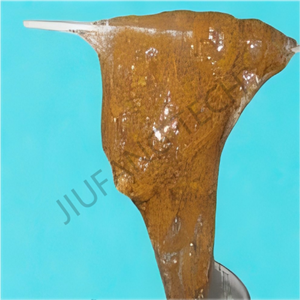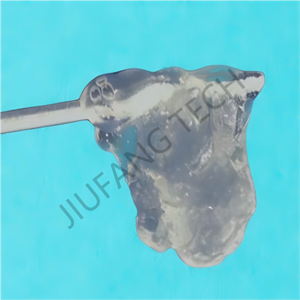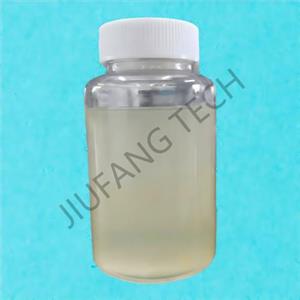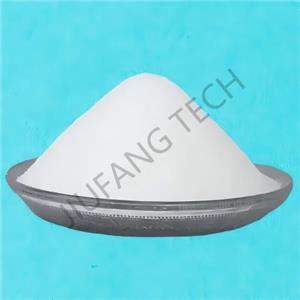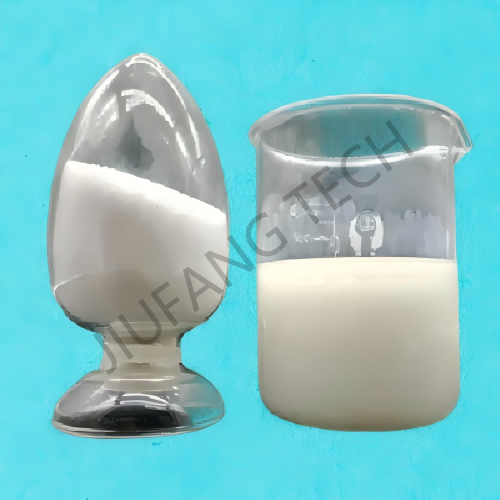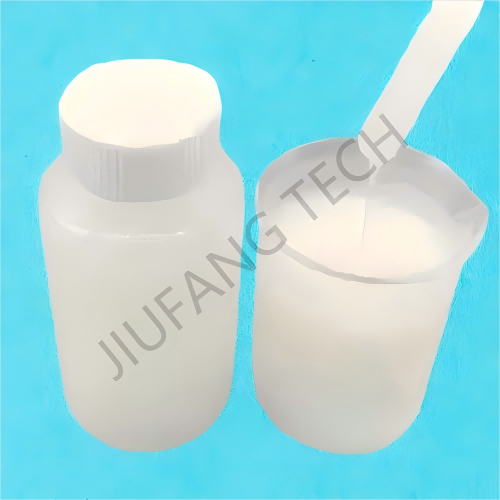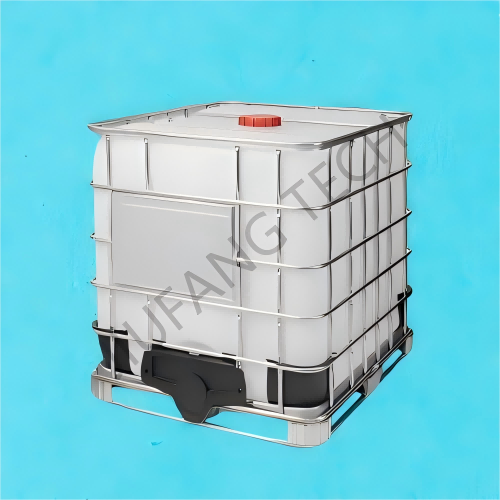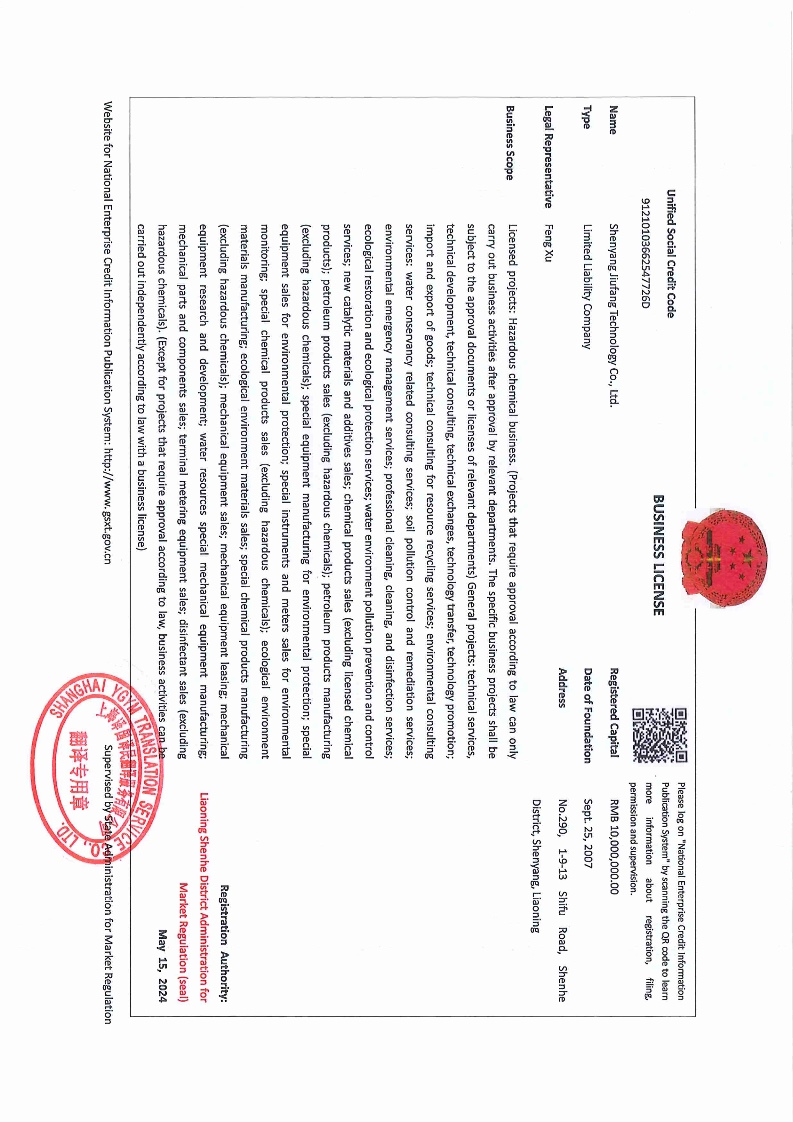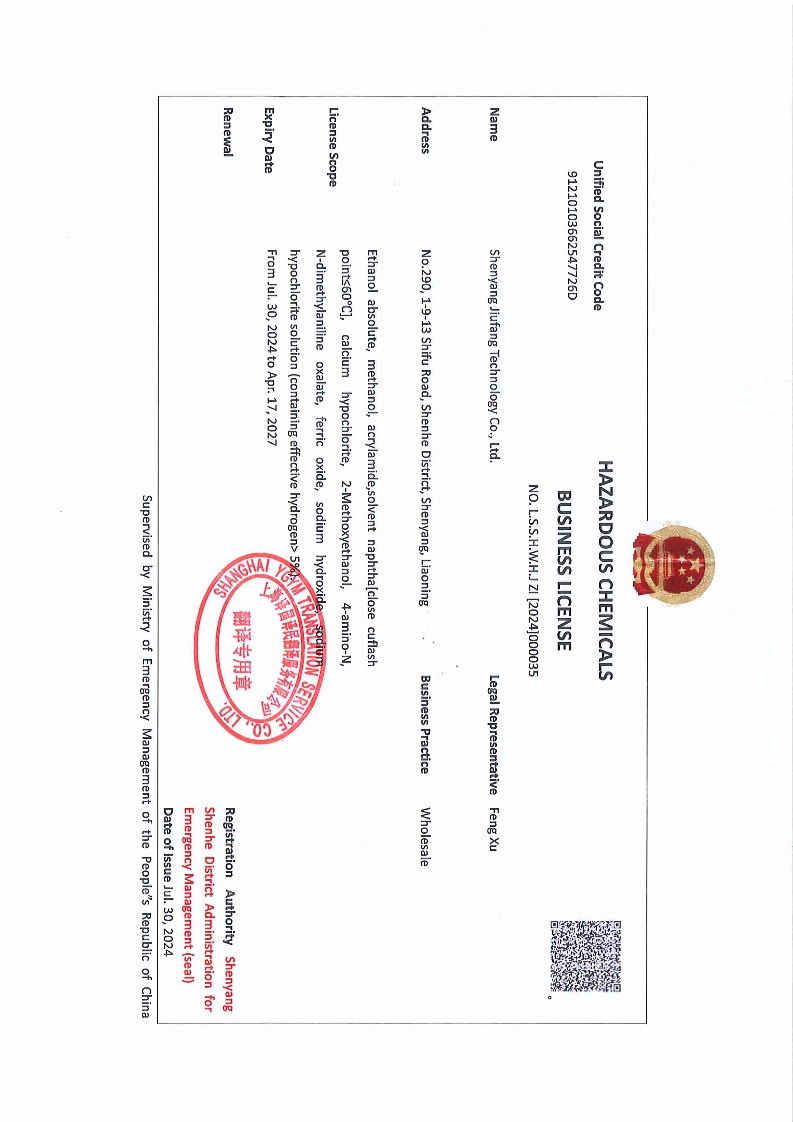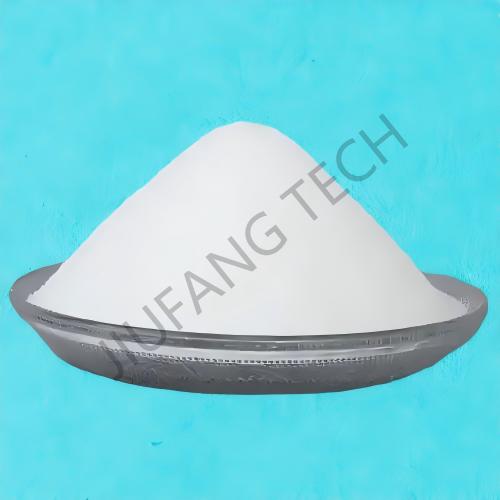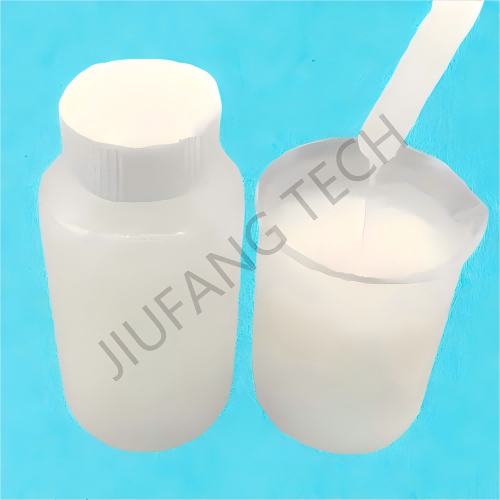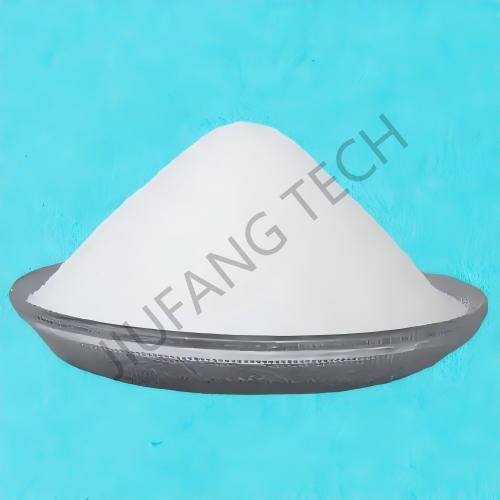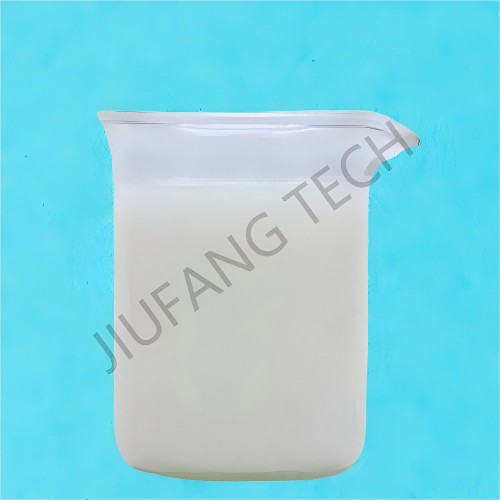
Cationic PAM Emulsion For Sewage
Brand Jiufang
Product origin Shenyang
Delivery time Lead time: 7days
Supply capacity 2000Metric Tons per Month
1.Sewage PAM could be used for industrial and domestic water treatment.
2.Emulsion for sewage could be used for oily sludge treatment.
3.Sewage cationic PAM liquid could be used for sewage and wastewater treatment.
Download
The dosage of flocculant cationic PAM (which directly determines the dissolution concentration at a fixed water volume) has a significant impact on the dissolution time. Within a certain range, the larger the dosage of sewage PAM, the longer the dissolution time. Moreover, after exceeding the critical concentration flocculant cationic PAM, the difficulty of dissolution will increase sharply.
In a fixed volume of water, an increase in the sewage PAM dosage will directly raise the dissolution concentration.
The larger the dosage of sewage PAM emulsion, the higher the density of sewage PAM in water. The probability of collision and adsorption between particles increases significantly, and it is easy to form "aggregates". Water has difficulty penetrating into the interior of the aggregates, and it takes a longer time to gradually break them down, resulting in an extension of the overall dissolution time.
At high concentrations of sewage PAM, the dissolved sewage PAM molecular chains are close to each other, increasing the probability of entanglement and interlacing, forming local high viscosity regions.
These regions will impede the penetration of water molecules into undissolved particles and slow down the stretching speed of molecular chains of flocculant cationic PAM, further prolonging the dissolution time. When the dosage of sewage PAM exceeds a certain critical value, the dissolution time will experience a "step-like extension", and it may even be difficult to dissolve completely. Even if the stirring time is extended, there may still be a large number of "fish-eyes" or agglomerates remaining, resulting in incomplete dissolution.
In scenarios such as water treatment and oilfields, the dosage (dissolution concentration) of sewage PAM needs to balance the dissolution efficiency and usage requirements. If a high-concentration solution is required (such as a 1% concentration for profile control and water shut-off), methods such as step-by-step dosing or particle refinement+increasing the stirring intensity should be adopted to shorten the dissolution time.
In conventional scenarios (such as flocculation in sewage treatment), a low concentration of 0.1%-0.3% flocculant cationic PAM is mostly used. At this time, the dosage of flocculant cationic PAM is small, the dissolution time is short (30-60 minutes), and the solution is evenly dispersed, which can avoid a decrease in the flocculation effect caused by local over concentration.
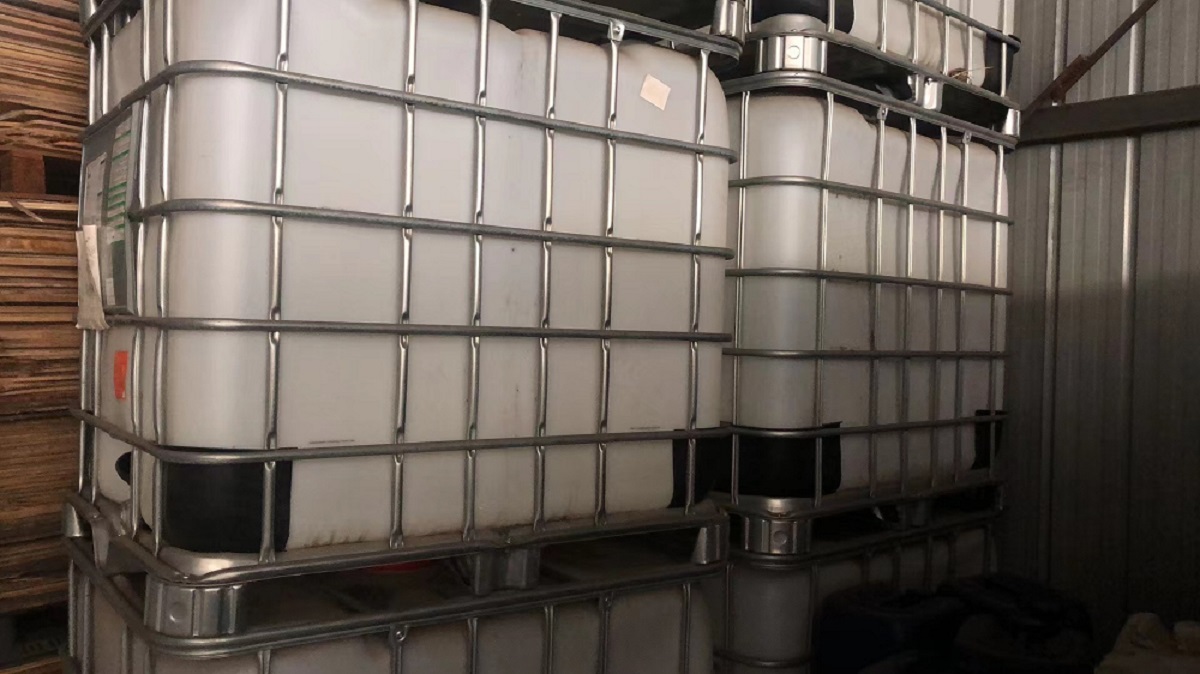
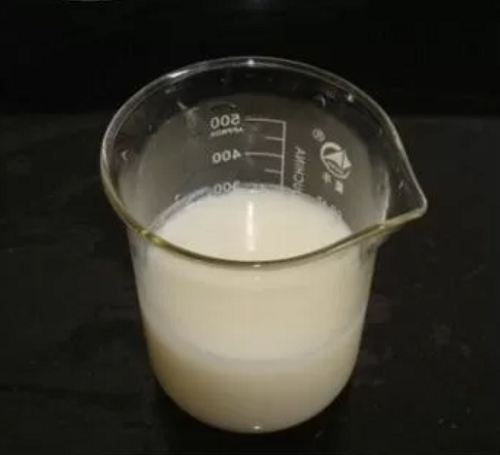
Industry-specific attributes:
| Name | Sewage PAM (Emulsion for sewage) | |||
| Application | Polyacrylamide emulsion for sewage treatment | |||
| CAS NO. | 9003-05-8 | |||
Other Attributes:
| Appearance | Sewage cationic PAM liquid (Emulsion) | |||
| Activate Content | 48% | |||
| Viscosity Range(ml/g) | 1200~1600 | |||
| Residue | 0.12% | |||
| Insoluble Substance(%) | 0.1 | |||
| Cationic Charge | 80% | |||
| Dissolving Time,min | 40 | |||
| Storage Temperature,℃ | 0~35 | |||
| Shelf Life,month | 12 | |||
Supply Ability:
| Supply Ability | 2000Metric Tons per Month | |||
Lead Time:
| Quantity(kilograms) | 1~50 | >50 | |
| Lead Time(days) | 7 | negotiated | |

